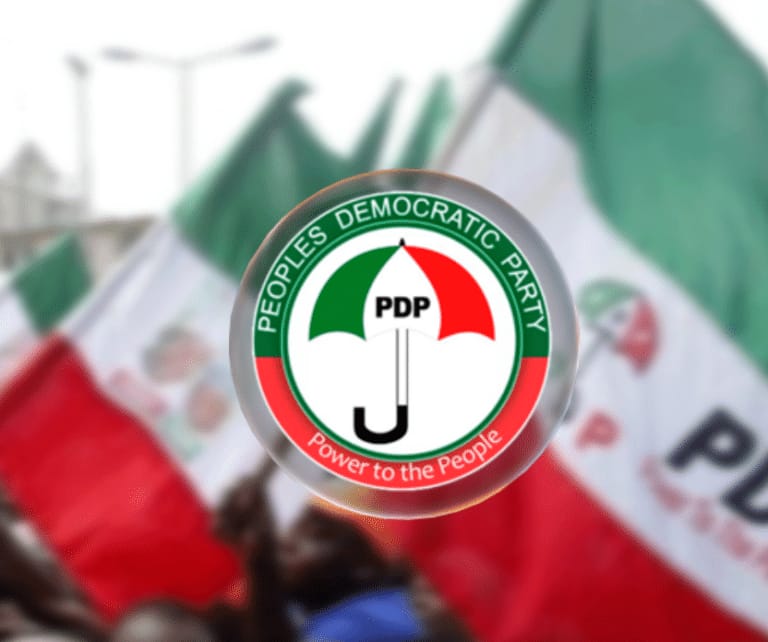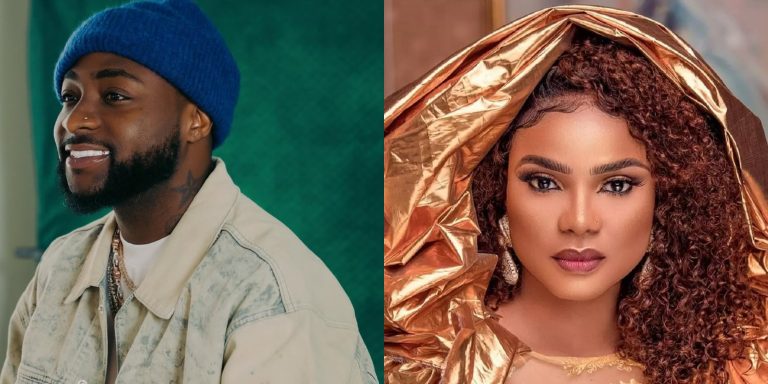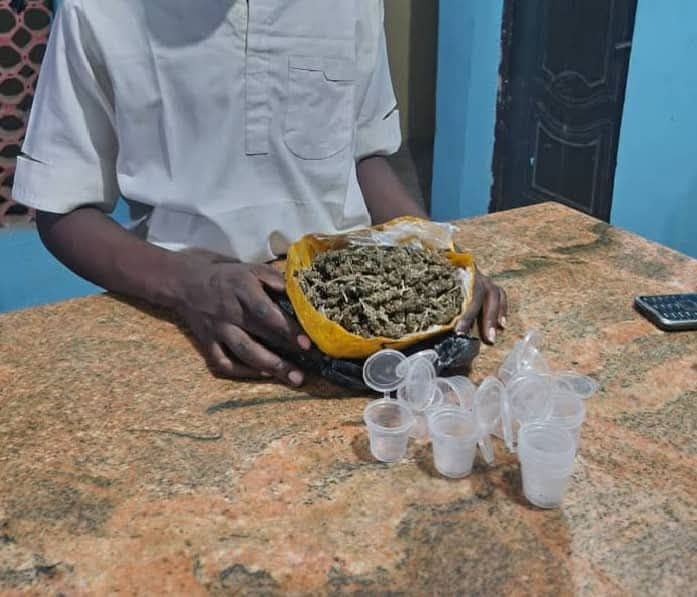With the Peoples Democratic Party (PDP) National Convention scheduled for November 15 in Ibadan, Oyo State, party leaders and stakeholders are intensifying efforts to select the next national chairman. Prominent among the individuals reportedly under consideration are former Minister of Information Jerry Gana, former PDP National Chairman Kawu Baraje, and former Kaduna State Governor Ahmed Makarfi.
Party insiders have indicated that a consensus arrangement is being widely considered as a strategy to avoid internal friction and maintain party unity ahead of the 2027 general elections. This approach is reportedly gaining support across party lines as the PDP continues efforts to recover from a recent protracted internal crisis.
According to reliable sources within the PDP who spoke on condition of anonymity, the current acting National Chairman, Umar Damagum, is also lobbying to be confirmed as the substantive chairman. Damagum, who stepped into the role after Iyorchia Ayu’s exit, is said to be quietly mobilizing support within the party to secure his position.
Senior members of the PDP’s National Executive Committee (NEC) have emphasized the importance of selecting credible and experienced individuals with a track record of leadership. However, opinions remain divided over whether a consensus candidate should be adopted or if a competitive election should be held at the convention.
The urgency surrounding the convention stems from the fact that the tenure of the current members of the National Working Committee (NWC) expires in December. The party’s 101st NEC meeting held on July 24 resolved that a National Elective Convention must be held to fill 19 vacant positions within the NWC. This decision is grounded in the PDP’s constitution, which designates the National Convention as the party’s highest decision-making body.
According to the party’s constitution, the National Convention is empowered to elect or remove national officers, formulate policies, and make key administrative decisions. The constitution explicitly prohibits the delegation of powers to amend the party’s constitution and grants the convention supremacy in all party matters, subject only to the limits prescribed within the party’s legal framework.
Party officials are pushing for the zoning of offices to be finalized at the next NEC meeting later this month. Although the specifics of zoning are still under discussion, several leaders are advocating that the outcome of both the zoning process and candidate selection be handled through a consensus to prevent renewed conflict.
Sources confirmed that aspirants such as Jerry Gana, Kawu Baraje, and Ahmed Makarfi remain interested in leading the party, although the final decision may be influenced by the outcome of zoning and consensus negotiations. Damagum, despite being an acting chairman, is actively seeking to transition into a substantive role, depending on how the process evolves.
The Minister of the Federal Capital Territory, Nyesom Wike, recently warned that mishandling the allocation of leadership roles, particularly in the South-South and South-East zones, could disrupt the convention and negatively impact the party’s cohesion. Wike emphasized that fair regional representation is essential for rebuilding confidence among members and creating momentum for 2027.
Meanwhile, Bala Ibrahim, Director of Publicity for the ruling All Progressives Congress (APC), weighed in on the situation, predicting that the internal competition and unresolved tensions within the PDP could result in the party’s collapse during the November convention. Ibrahim argued that the PDP has failed to resolve its long-standing leadership challenges and warned that the situation could further deteriorate.
The PDP, once Nigeria’s dominant ruling party, has spent the last several years grappling with internal crises, mass defections, and declining electoral performance. The party’s recent troubles were exacerbated by a wave of defections to both the APC and the new African Democratic Congress (ADC) coalition. These developments prompted the party’s leadership to commit to a restructuring process aimed at repositioning the PDP for relevance in the next election cycle.
As the convention draws nearer, party members are keenly watching the unfolding political maneuvers. One senior party official stated that the adoption of a consensus approach is viewed as the most viable way to prevent a post-convention crisis.
“We’re just emerging from a crisis, so it’s crucial to ensure the upcoming convention is peaceful. A consensus arrangement is the best way to achieve that,” the official said.
He added that the party has successfully used consensus in previous leadership selections and noted that such an approach may be essential, given the number of influential figures eyeing key positions.
In the coming weeks, the PDP is expected to finalize the zoning of offices and formalize arrangements for the November convention. The ability of the party to manage this process without descending into further crisis will be critical in determining its preparedness for the 2027 general elections.





